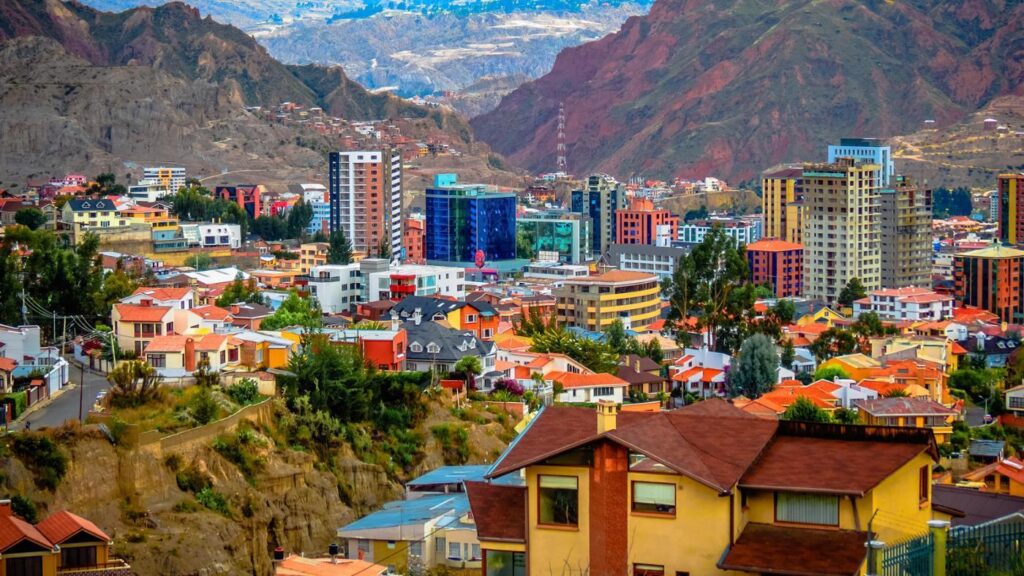- Home
- Switch to electric cars in Burundi, how much are you saving?
Switch to electric cars in Burundi, how much are you saving?
Electric vehicles (EVs) are gradually gaining momentum in Burundi, encouraged by government initiatives, a focus on renewable energy, and growing environmental awareness. While the EV market is still in the early stages, lower electricity costs and reduced maintenance requirements present EVs as a cost-effective alternative to gasoline vehicles, potentially offering significant savings on energy expenses. Major urban centers like Bujumbura (Gitega) are making strides to improve charging infrastructure, though challenges persist, including high initial purchase prices, a limited network of rural charging stations, and a narrow range of EV models available in the market. With advancements in battery technology and the expansion of infrastructure, EV adoption is projected to increase, supporting Burundi’s goal of reducing greenhouse gas emissions and transitioning to more sustainable transport options in the coming years.

| Aspect | Electric Vehicles (EVs) | Gasoline Vehicles (GVs) |
|---|---|---|
| Energy Efficiency | Over 85% efficiency, meaning most energy is used for propulsion. | Lower efficiency due to heat loss in combustion. |
| Consumption (100 km) | 15 kWh (electricity) | 6 liters (gasoline) |
| Cost per 100 km | $1.77 (15 kWh × $0.118/kWh, Burundi’s electricity price) | $7.20 (6 liters × $1.20/liter, estimated fuel cost) |
| Annual Cost (15,000 km) | $265.50 | $1,080.00 |
| Annual Cost (25,000 km) | $442.50 | $1,800.00 |
| Annual Cost (30,000 km) | $531.00 | $2,160.00 |
| Annual Cost (50,000 km) | $885.00 | $3,600.00 |
| Annual Cost (70,000 km) | $1,239.00 | $5,040.00 |
| Annual Savings (15,000 km) | $814.50 | – |
| Annual Savings (25,000 km) | $1,357.50 | – |
| Annual Savings (30,000 km) | $1,629.00 | – |
| Annual Savings (50,000 km) | $2,715.00 | – |
| Annual Savings (70,000 km) | $3,801.00 | – |
| Maintenance Costs | Lower: No oil changes, timing belts, or exhaust systems. | Higher: Requires regular oil changes and more mechanical upkeep. |
| CO₂ Emissions | Very low, especially with Burundi’s focus on expanding renewable energy. | High emissions due to combustion of fossil fuels. |
| Government Incentives | Potential tax reductions, registration fee exemptions, and lower import duties. | No special incentives. |
| Infrastructure Growth | Slowly expanding charging infrastructure, especially in Bujumbura. | Well-established fuel station network. |
| Energy Security | Reduces dependence on imported fossil fuels. | Dependent on global oil markets and price fluctuations. |
| Technology Evolution | Battery lifespan improving, cost reductions expected. | Limited innovation in efficiency gains. |
| Long-Term Viability | Key to Burundi’s sustainable transportation future. | Facing increasing environmental and regulatory constraints. |

